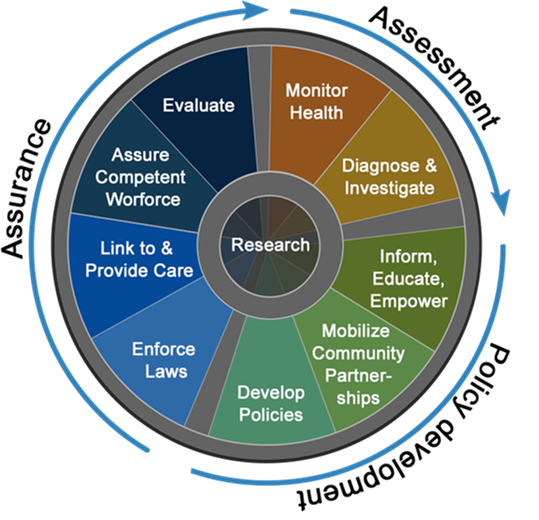CHES Course Credit
The following webinar series have been designated for Certified Health Education Specialists (CHES) and/or Master Certified Health Education Specialists (MCHES) to receive up to 1 total Category I continuing education contact hours. Provider and event ID will be provided during the webinar.
Coronavirus Seminar Series: Building the Public Health System of the Future

This seminar explores the challenges public health faces in a time of crisis. The speakers will discuss the response to the pandemic from a city and state perspective and what a more effective public health system might look like. This webinar is led by Sandro Galea, Georges Benjamin, Mary Bassett, and John Auerbach.
Coronavirus Seminar Series: After COVID-19: (Re)Building Resilient Cities

This seminar will explore the role of cities in creating the conditions for health, particularly in a time of pandemic. It will address how cities can be rebuilt with a focus on resilience and on promoting healthy populations. Cohosted with the Boston University Initiative on Cities. This webinar is led by Sandro Galea, Jennifer Keesmaat, Katie Swenson, Joan Saba, and Katherine Lusk.
Coronavirus Seminar Series: COVID-19: The Health Consequences of the Consequences

This seminar explored the long-tail health consequences of the COVID-19 pandemic. The experts examine the social and economic changes that have emerged as a result of the COVID-19 pandemic and how these changes will shape population health in the coming years and decades. This seminar is led by Sandro Galea, Janet Currie, Catherine Maclean, and Arjumand Siddiqi
Coronavirus Seminar Series: Media, Social Media, and COVID-19
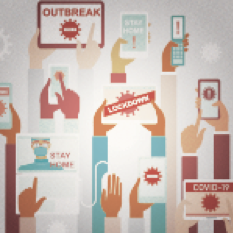
This seminar will explore the roles that media and social media have played in shaping both the national and global response to the COVID-19 pandemic, as well as how media will shape our health in the pandemic’s aftermath. Hosted in collaboration with WBUR and led by Sandro Galea, Margaret Low, Roxane Cohen Silver, Elana Newman, and Mariette DiChristina.
Coronavirus Seminar Series: Climate Change and Health: Learning from COVID-19

This seminar explores the intersection of the COVID-19 pandemic and climate change. The pandemic has sharpened our thinking and informed insights around climate change, impacting how systems respond and what conversations on climate change will look like in a post-COVID era. This seminar is led by Sandro Galea, Mona Sarfaty, Renee Salas, Jalonne White-Newsome, and Greg Wellenius.
Coronavirus Seminar Series: Mental Health in a Time of Crisis

This seminar explores population mental health in the context of COVID-19. We know that the pandemic is an extreme stressor, and has multiple characteristics that are toxic to mental health. This seminar is led by Sandro Galea, Karestan Koenen, Sarah Lowe, and Patricia Watson.
Control and Prevention Strategies in Epidemics
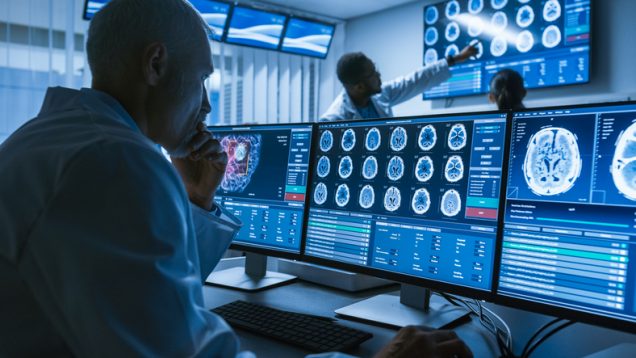
We will look at both nonpharmaceutical interventions for pandemic control, including physical distancing and contact tracing, and the promise of vaccination and case management tools, such as drugs, that influence the course and outcome.For all outbreaks, the notion is to “break the chain” and to break it in as many places as possible. These processes have to balance civic liberty, community motivation and ownership, as well as economic stability. We will discuss monitoring and following outbreaks to assess the adequacy of control measures and the trade-offs, and use stories from Ebola, COVID-19 and other outbreaks to illustrate these concepts. Sharon McDonnell, BSN, MD, MPH adjunct faculty at University of New Hampshire & Katherine Nenninger, MD, currently in the Leadership in Preventive Medicine Fellowship training program through Maine Medical Center, led this webinar.
Looking at Data in an Outbreak
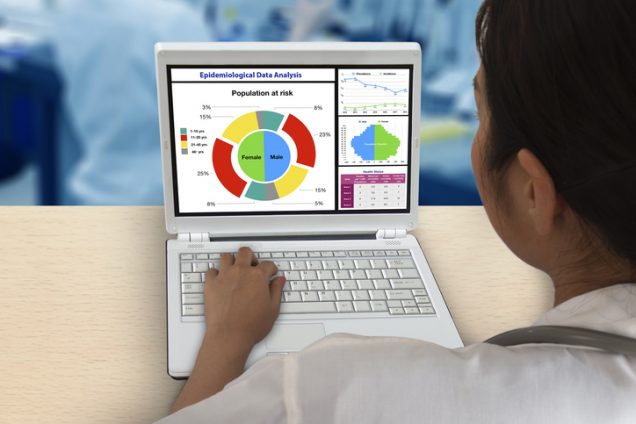
This session emphasizes descriptive epidemiology using data collected during outbreak investigation. We will be answering what information do we collect during outbreak investigation to build towards developing a hypothesis that we can use to implement control measures or conduct research? This session is led by Gib Parris, MD, and Richard Shen, MD.
Investigating an Outbreak
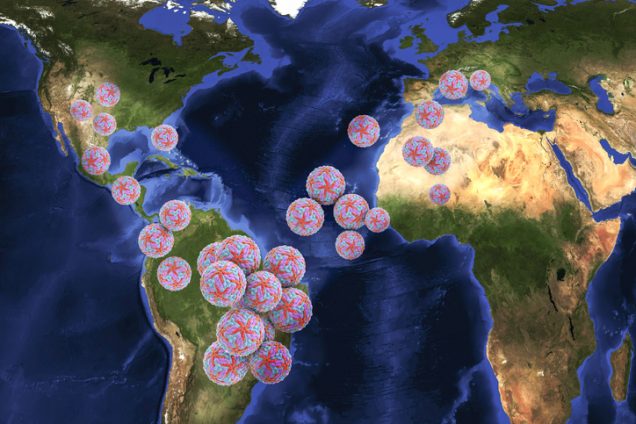
 In this webinar, we will describe the process of outbreak investigation in confirmed events and continue the steps of field outbreak investigation. We will use COVID-19 and smaller outbreaks to illustrate these steps. This webinar is led by Sharon McDonnell, BSN, MD, MPH, and Nicoletta Toma, MD.
In this webinar, we will describe the process of outbreak investigation in confirmed events and continue the steps of field outbreak investigation. We will use COVID-19 and smaller outbreaks to illustrate these steps. This webinar is led by Sharon McDonnell, BSN, MD, MPH, and Nicoletta Toma, MD.
Detecting Outbreaks and Beginning Outbreak Investigation
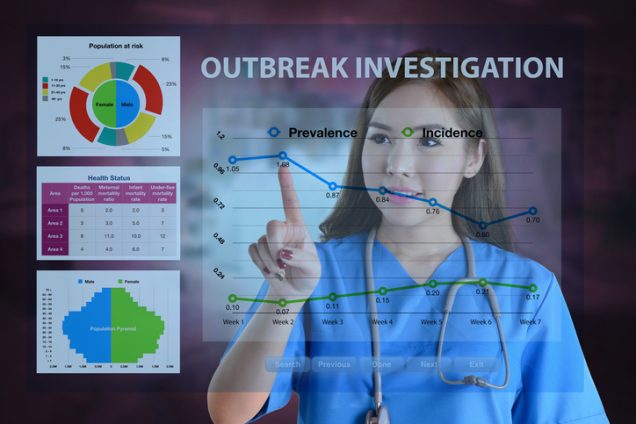
 What are the most common ways outbreaks are detected and what are the hopes for improvements? We look at different data sources and systems (including human relationships) that are used to detect outbreaks. The emphasis on emerging infectious diseases and pandemic preparedness has led to changes in international health regulations at the highest levels, as well as requirements for disease detection at community levels. We will describe the ideal systems and some of the challenges; initial steps in outbreak investigation and use examples from Ebola in West and Central Africa and COVID in 2020. This webinar is led by Sharon McDonnell, BSN, MD, MPH, and Nicoletta Toma, MD.
What are the most common ways outbreaks are detected and what are the hopes for improvements? We look at different data sources and systems (including human relationships) that are used to detect outbreaks. The emphasis on emerging infectious diseases and pandemic preparedness has led to changes in international health regulations at the highest levels, as well as requirements for disease detection at community levels. We will describe the ideal systems and some of the challenges; initial steps in outbreak investigation and use examples from Ebola in West and Central Africa and COVID in 2020. This webinar is led by Sharon McDonnell, BSN, MD, MPH, and Nicoletta Toma, MD.
Using Available Data to Monitor Health and Detect Outbreaks

Following the previous presentation, “Detecting Outbreaks and Beginning Outbreak Investigation,” on surveillance we will dive into real systems and show how to access data to answer questions. Participants will practice accessing data to monitor health and detect health problems in the population. Participants, using computers, will use CDC WONDER and sentinel surveillance to assess health trends. We will discuss the newest data source– medical records for public health. This presentation was led by Gib Parris, MD, and Sharon McDonnell, BS, MD, MPH.
Infectious Disease Surveillance

 This webinar introduces public health surveillance concepts and principles, including various surveillance systems and how they are used in tracking diseases and other public health threats. This webinar is led by Jennifer Gunderman, MPH, who serves as the Director of the Maine Area Health Education Centers (AHEC), and is a member of the MPHA board of directors. She has a Master of Public Health in Maternal and Child Health Epidemiology from Emory University and is a DrPH candidate at the University of South Florida.
This webinar introduces public health surveillance concepts and principles, including various surveillance systems and how they are used in tracking diseases and other public health threats. This webinar is led by Jennifer Gunderman, MPH, who serves as the Director of the Maine Area Health Education Centers (AHEC), and is a member of the MPHA board of directors. She has a Master of Public Health in Maternal and Child Health Epidemiology from Emory University and is a DrPH candidate at the University of South Florida.
Public Health Systems: A Primer
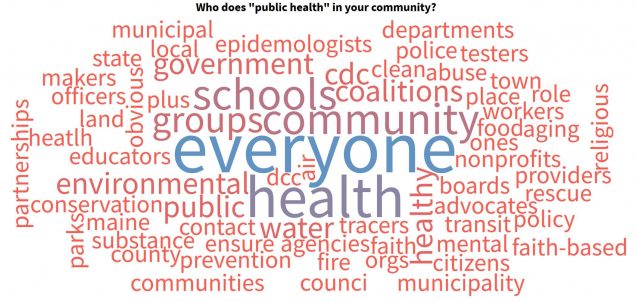
This webinar will cover the components of the public health system, including roles of government and non-governmental agencies, and differences in authorities and accountability across public health system entities. An overview of Maine’s unique public health system will be presented, and information about ways attendees can be involved will be provided. This webinar is led by Alfred May, MPH, who serves as the Maine CDC’s Downeast Public Health District Liaison. He has a Master of Public Health from the Yale School of Public Health.
Who Does What in Public Health?
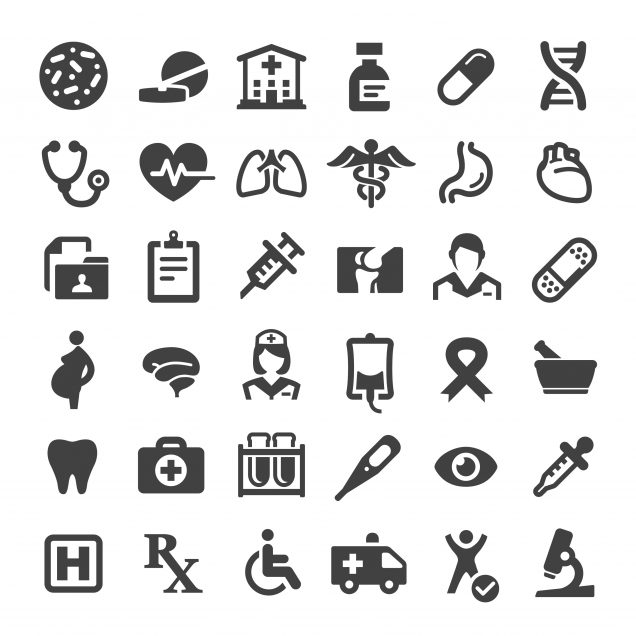
This webinar will cover the various entities in the US and Maine who have public health roles, including responsibilities related to social determinants of health. The ten essential public health services will be used as a framework to further explore various organizations’ responsibilities. This webinar is led by Nancy Birkhimer, MPH, who has worked for Maine CDC for 20 years and is currently the manager for Accreditation and Performance Improvement at Maine CDC. She has a Master of Public Health from Boston University in international health and epidemiology. She serves as the Maine CDC Liaison for the Maine Public Health Association’s Board of Directors.
Health Literacy Response to COVID-19
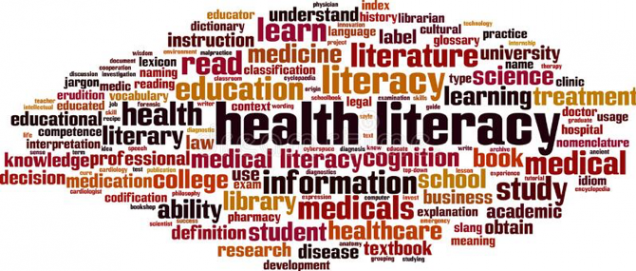
Accurate information is critical to control the spread of COVID 19. However, obtaining and understanding accurate information can be a challenge for populations of various health literacy levels which in turn can increase risk of illness. This upcoming webinar will discuss the challenges experienced by populations of various health literacy levels in obtaining important information about COVID 19 and strategies and resources on how to address the barriers and promote health equity. This seminar is led by Sabrina Kurtz-Rossi, principal of Kurtz-Rossi & Associates, a women-owned business located in Boston, Massachusetts.
Aligning Intergenerational Expectations: Creating Joy and Productivity in the Workplace

The webinar will address such questions as: what kind of environment do we need to create to promote dialog? What skills do we need to do to be effective as employees and managers and why? What strategies can we put into place to align workplace expectations and further strengthen intergenerational communication in our workplace? This is a demanding moment for our workforce and all of us world-wide which is requiring us to think about new ways of delivering programs and new ways of communicating with our colleagues. Within this context, participants will examine the nature of intergenerational communication in the workplace and consider their ‘leadership presence’ to bring out the best in everyone. This webinar explores how intentionality and attentive intergenerational communication can result in a productive work environment, positive outcomes for you and your colleagues, and the communities you serve. This webinar is led by Sadhana Warty Hall, the Deputy Director of the Rockefeller Center at Dartmouth College.
Building a Sustainable Arts-Based Health Program: the Hands in Harmony Experience

This webinar provides an overview of the role of Neurologic Music Therapy and interdisciplinary partnerships for successful client impact in RI. The early intervention model will be used to discuss replicable options for programming as well as roles and responsibilities for each organization/provider.
Music is innate and preferred by the majority of the population. Evidence-based music therapy interventions engage multiple regions of the brain to elicit positive health and behavioral health change. Hands in Harmony strives to increase impact through the formation of social groups to increase education and awareness and target the community at large. This webinar was led by Nicole O’Malley, Executive Director and Licensed Neurologic Music Therapist founded Hands in Harmony in 2003 after receiving her BM in Music Therapy from Anna Maria College.
Music Therapy Impact on Population Health: RI Experience and Beyond

This webinar provides an introduction to music therapy. The Hands in Harmony population wheel will be paired with infographics to provide an overview on the impact of evidence-based music therapy interventions to address health outcomes as well as how to integrate music/music therapy in population health. This webinar was led by Nicole O’Malley, Executive Director and Licensed Neurologic Music Therapist founded Hands in Harmony in 2003 after receiving her BM in Music Therapy from Anna Maria College.
Embracing the Inevitable: Practical Change Management

This webinar is led by Laurie Call, who serves as the Director of the Center for Community Capacity Development (CCCD) at the Illinois Public Health Institute. One thing for certain, change is inevitable. Reorganization, funding loss or gain, leadership, emerging community issues, policy changes – the list is endless. Like it or not, change happens. Learn to anticipate and embrace change, thrive in an ever changing environment, and bring others on the journey with you.
Conversations around Chronic Care: Introduction to Motivational Interviewing
This webinar will provide a brief overview of Motivational Interviewing (MI) for community health workers and others who work with populations requiring chronic care. If you are curious about what is MI and how this style of conversation can influence chronic care. Learn the basic structure, mindset and history of MI. This webinar is led by Lisa Stockwell, who has over 20 years’ experience as a trainer, educator and coach working with organizations, groups and individuals in topics related to positive behavior change, effective communication skills, mindfulness, compassion fatigue and motivational interviewing.
Self-Paced Seminars: Storytelling for Public Health

This course introduces storytelling as an effective communication tool in public health practice. After reviewing story structures, learners will review public health stories in multiple formats and outline their own story using a storyboard.
Do you have a great idea, data, or experience to share but can’t seem to reach your intended audience? Create a story to match your communication goal, audience, delivery options. In this course you will learn the elements of story and become familiar with two formats that you can use to frame your story. After reviewing real public health examples in a variety for formats, try outlining your own story using a storyboard.
Self-Paced Seminars: Ten Essential Public Health Services in Action
Local health departments are responsible for creating and maintaining conditions that keep people in their communities healthy and safe. The Centers for Disease Control and Prevention (CDC) has defined ten essential public health services – activities that all communities should undertake, from monitoring health, to diagnosing and investigating, to enforcing laws, to evaluating and contributing to research. This training uses a case study (based on an actual infectious disease outbreak) to relate each step of the investigation to one of the ten essential public health services. Public health professionals should be able to describe these ten essential services, and, if they work in their local health department, should work to ensure that all ten services are provided in their community. This seminar is led by Anne Fidler, ScD, and Kathleen MacVarish, MS from Boston University’s School of Public Health.

